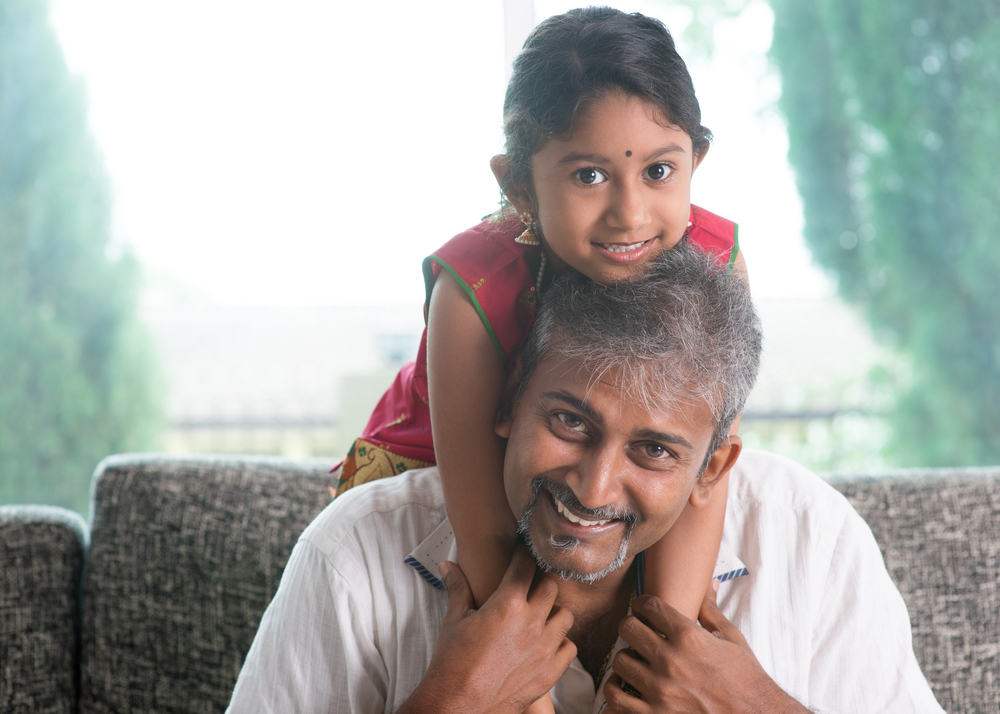Sir — The Indian railways’ decision to implement the government’s policy of providing paternity leave to single fathers for up to two years is welcome. However, instead of granting leave on such a selective basis, India should emulate the robust policies of Sweden and Japan and extend paternity leave to all. If we are to achieve true gender equality within a family structure, a more egalitarian social policy is required.
Anirban Saha,
Jamshedpur
Woeful situation
Sir — It was shocking to hear that the police are adding to the plight of India’s migrant workers. The latter, rendered jobless by the imposition of the national lockdown, were forced to jump like frogs in Badaun, Uttar Pradesh while making the long journey home on foot for ‘violating’ lockdown orders (“‘Frog’ insult on long walk home for jobless”, March 27). Reports of brutality against migrant workers have emerged from other parts of the country as well.
The administration should remember that the abrupt closure of transportation did not leave migrant workers as well as tourists — for instance, five families from Nadia are stranded in Himachal Pradesh — with adequate time to return home. The police have also reportedly beaten up essential service providers as well as ordinary people for stepping out of their homes to purchase necessary items. In their overzealousness to implement the curfew, it seems that law enforcers themselves are violating the law. It was also unjust of a councillor to prevent shoppers from entering a market without masks in Salt Lake when health department advisories are of the opinion that people should wear masks only when they are suffering from cough and cold or are in direct contact with a Covid-19 patient.
However, it was heartening to hear that the chief minister of Kerala, Pinarayi Vijayan, has been quick to condemn the inhumane treatment of the labourers. He followed up his announcement of a mammoth economic package with the assurance that all basic facilities will be provided to migrant workers. One hopes that other politicians, police personnel, landlords and hotel owners follow his example and, during this hour of need, act with kindness towards the poor and the helpless.
Kajal Chatterjee,
Calcutta
Sir — The Covid-19 pandemic has turned every country into a war zone. India, like several other nations, has implemented a 21-day lockdown with the prime minister, Narendra Modi, appealing to citizens to adhere to extensive social distancing by staying at home, which is the best way to prevent the spread of the disease. A large number of people affected by the shutdown are daily wage earners; as such, it was a relief to hear that an economic package has been declared by the finance minister to ease their worries.
Many of those who work in Delhi hail from distant places like Badaun, Aligarh, Etah, Jhansi or Banda. Most of them could not return home owing to the immediate lockdown and the subsequent disruption of public transport. With no possible income in the cities, they were left with no choice but to set out for home on foot.
It was heart-rending to learn that a group of migrants were forced to hop like frogs as punishment for ‘violating’ lockdown directives. With no means to earn a living, was it not justified for them to return home? Given the circumstances, the police should have either assisted the workers or advised them on how they could return home safely. Instead, they unleashed brute force on them.
However, it might not be wise to allow thousands of migrant labourers to leave for home without testing them for the coronavirus. If any of them carry the disease home, it will spread through the countryside instantaneously. The only way we can control the pandemic is by following the clinical rule of tracing, isolation, testing and treating. So far, it does not seem that this principle has been followed in such cases.
Rabindranath Sarkar,
Calcutta











